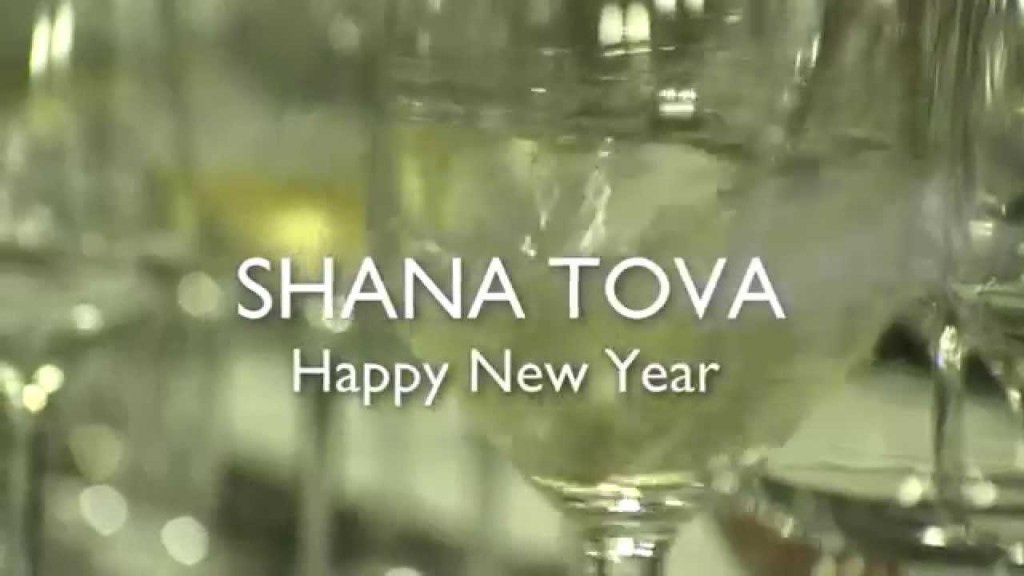The world we live in is filled with uncertainty. Even before COVID-19 sent us into uncharted territory, economic challenges, regional conflicts and bad actors on both the local and global stage had us concerned not only for the well-being of future generations, but for our immediate future as well. There are so many questions to which we seek the answer. Fortunately, if we are able to identify it, the answer to the most important one is within our grasp. That question is, how do we deal with everything life is throwing at us? If we understand an important lesson of the upcoming High Holidays, we open our minds and hearts to understanding how best to move forward in difficult times.While much of the secular New Year is fundamentally different from Rosh Hashanah, the Jewish New Year, there are some critical and meaningful similarities that may be of greater importance today than they have been in many of our lifetimes. The true observance of Rosh Hashanah is not structured around counting down the end of one year and starting another, nor is the celebration meant to be in party form with music and champagne. The Jewish New Year, while not a sad holiday by any means, if properly understood is a deep holiday of critical religious and spiritual importance to the year ahead. While that is something not normally associated with the secular New Year, it does begin to represent the place where the days have some significant similarities. Maybe most importantly, when it comes to self- introspection and improvement.The idea of a New Year’s resolution is a positive and life affirming concept. What we resolve to do is a reflection of what we deem important and the type of person we are, and the idea of making ourselves better in its basic form is a positive endeavor. In simplistic terms it is what is most similar between the secular and Jewish New Years. But if we look deeper we actually find that what differentiates the 2 holidays is most represented by the concept we deem most similar.A New Year’s resolution is for the most part, a promise to ourselves. We want to do something important in our lives or we want to develop or improve a character trait or ability. We often make New Year’s resolutions with a calm smile and relaxed demeanor. After all, as much as we would like to do that which we set out to do, at the end of the day, should we fail, we are not accountable to anyone other than ourselves. The greater accountability that provides us, the stronger character we have and the greater chance we have of accomplishing our goals. But the reality is that even the very strong, while demanding of themselves, feel somewhat less pressured, knowing that they made that rule for themselves.Gale Sayers, the great Chicago Bears Running Back, was widely known for his friendship with his teammate Brian Piccolo who died of cancer in June of 1970. He told the story of the friendship in his book “I am Third”, in which he stated, “The Lord is first, my friends are second, I am third”. In thinking about the critical aspect of Rosh Hashanah, this quote came to mind. The idea of putting God first, loved ones second, and ourselves third, speaks directly to the idea of true accountability. In many ways it is the same as the idea of Bayn Adam L’Makom and Bayn Adam L’Chaveyroo, which translates into Between man and God, and Between man and his friend. Jewish commandments are divided into those 2 categories. Commandments relating to the relationship and actions for God, and commandments relating to the actions towards our fellow human being. Ultimately these 2 categories create a breeding ground for true accountability.To some, accountability implies difficulty and hardship. The extra effort and emotional investment connected to accountability is seen by some as a negative. This couldn’t be further from the truth. Accountability is not the gateway to pressure and exhaustion, it’s the gateway to true happiness. It makes us focus on that one thing in life which we have the best chance of controlling, our thoughts and our actions. It allows us to create a breeding ground for personal growth, improved relationships, and a more promising future. It’s everything that so much of today’s society is not. It is not about finger pointing, assigning blame, or criticizing on social media. It is about looking at ourselves, being honest about who we are and making ourselves better. It is what Rosh Hashanah and Yom Kippur are all about.While the secular New Year stands alone as a day by itself, Rosh Hashanah is the beginning of a 10-day period culminating in Yom Kippur. It is a time when we look into our hearts, see what we’ve done wrong, what we can do better, and how best to move forward. Our accountability to God and our fellow human being is meant to guide us in the year ahead. If we do this, while it is unrealistic to expect everything will be perfect in our lives, I can promise you the following. Your life will improve and you will be happier. You will be closer to controlling the one thing, and maybe the most important thing that you can control. Your thoughts and actions.May God give all of you the strength to look to yourselves, accomplish your goals and have a wonderful year head.Shana Tova.
September 5, 2021


Leave a comment